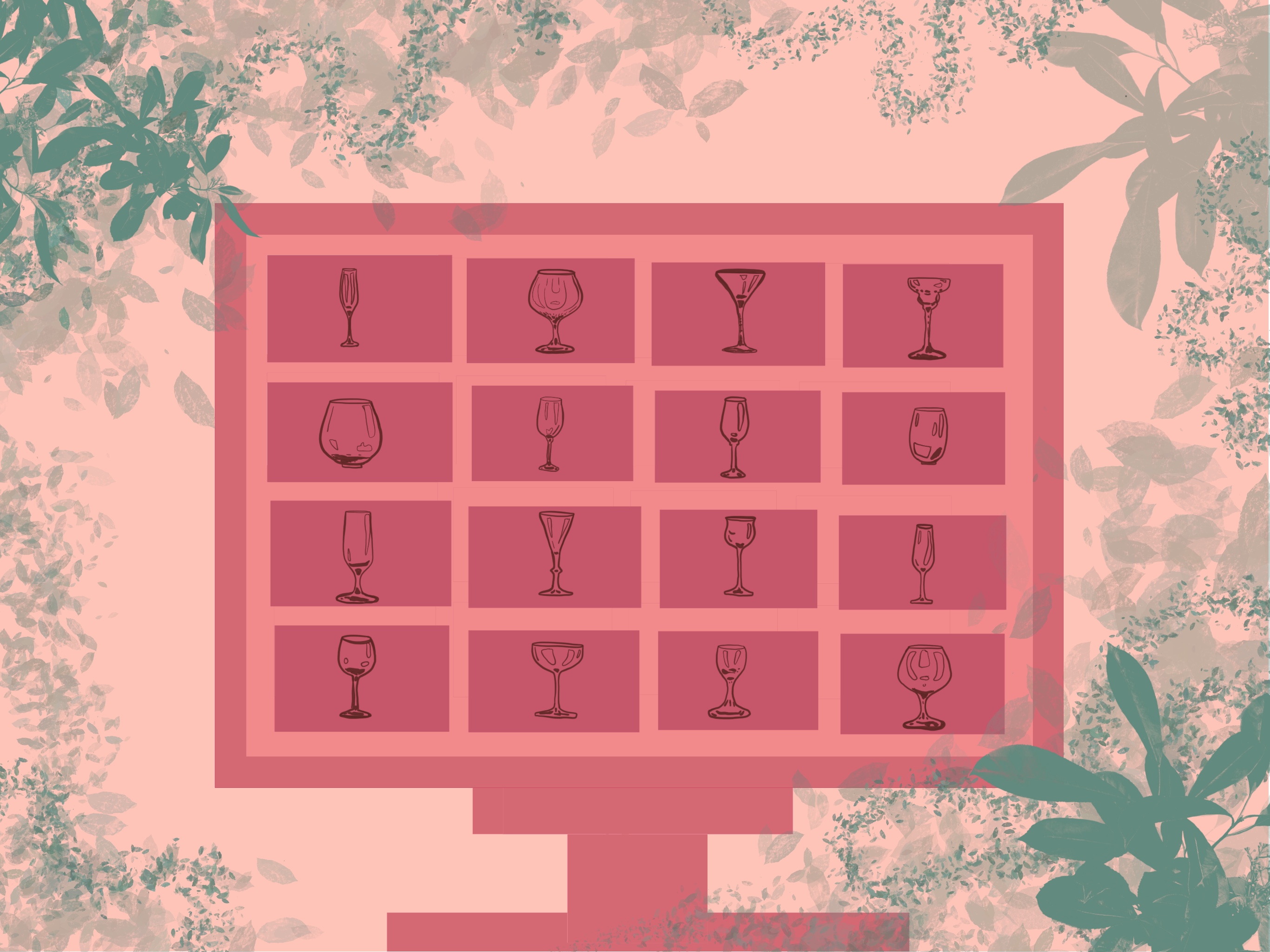On Oct. 14, the McGill Wine Society held WINE 101: Intro to Wine Studies, a virtual lecture for beginners on the intricacies of wine tasting. After the original McGill wine tasting club dissolved in 2016, Noah Gundermann, U3 Management, and Zachary Goldenberg, U2 Management, founded the McGill Wine Society in February 2020. During the “course,” the Wine Society provided students with supplemental readings and a course materials list for the at-home lab portion, which involved wine tasting.
“I hope the students learned something new about wine and the industry,” Gundermann said in a message to the Tribune. “As most students have very basic to no knowledge on the matter, we wanted to supply them with an introductory and interactive experience with the help of former LCBO [Liquor Control Board of Ontario] director and wine expert Michael Fagan.”
The turnout for this virtual event exceeded expectations, and each student had a unique experience with their chosen bottle of wine. Members of The McGill Tribune’s Student Life section share their thoughts from the tasting.
Willm Alsace Riesling 2019, Leyla Moy
Noting the course materials section of the Wine 101 event page, I opted for the only riesling at my local Société des alcools du Québec (SAQ). This French wine was remarkably smooth and easy to drink, a far cry from the acidic depanneur wines I’m accustomed to. It was also a relatively safe choice: As Fagan mentioned, many less-experienced wine drinkers start with sweeter white wines. I detected fruity, citrusy notes immediately, and deeper apple and grape flavours with more scrutiny.
Le Réservoir Pinot Noir, Alaana Kumar
Though I gravitate toward sweeter white wines, in the interest of higher education, I chose to try a dry red wine—and it was a mistake. During the lecture, Fagan explained how younger red wines are often criticized. His explanation summed up my entire experience perfectly.
“If you’re drinking red wines that are young, they can be really tannic, really sharp, and maybe not all that pleasant,” Fagan said.
In the wine-tasting portion of the afternoon, Fagan demonstrated the correct way to extract the maximum amount of flavour from a bottle of wine with our senses. I knew his techniques were working when my terribly flavoured wine only got worse. I learned a lot from Professor Fagan, particularly how unadventurous my personal wine habits are. I look forward to using these new skills again—preferably with a fruity, sparkling, and sugary white wine.
Les Artisans du Terroir Prémices d’Automne 2018, Katia Lo Innes
Luckily, letting this SAQ steal swish around my tastebuds for an extended period did not—in my case—bring out any unpleasant flavours that the wine might have hidden upon a quicker gulp. I went with this Quebecois white wine, mostly because of the price tag, but was pleasantly surprised by how much I enjoyed my choice. Based on what I could understand from the presentation, I could detect notes of licorice and some sort of zesty fruit—or maybe this was simply just a really cheap, overly sweet wine.
For the sober/underaged, ET Wu
Though the “course” was open to all McGill students, the tasting “lab” component was not. Instead, Fagan suggested drinking tea as a way to transition into the wine tasting hobby. He compared the transition from smoother to more bitter teas to the transition from off-dry to dry wines. I started with smoother teas such as Jasmine tea or chamomile, and transitioned to more fragrant teas such as chrysanthemum or earl grey. I even developed a liking for Japanese sencha and Iron Buddha (tieguanyin in Chinese). After developing a taste for teas at this level, I moved on to Vietnamese green tea, which is highly potent. I still have trouble with the potency of Vietnamese green tea.
The McGill Wine Society hopes to host more cultural and social events around wine, including in-person events when it is safe to do so. For upcoming events, check out their Facebook page.








